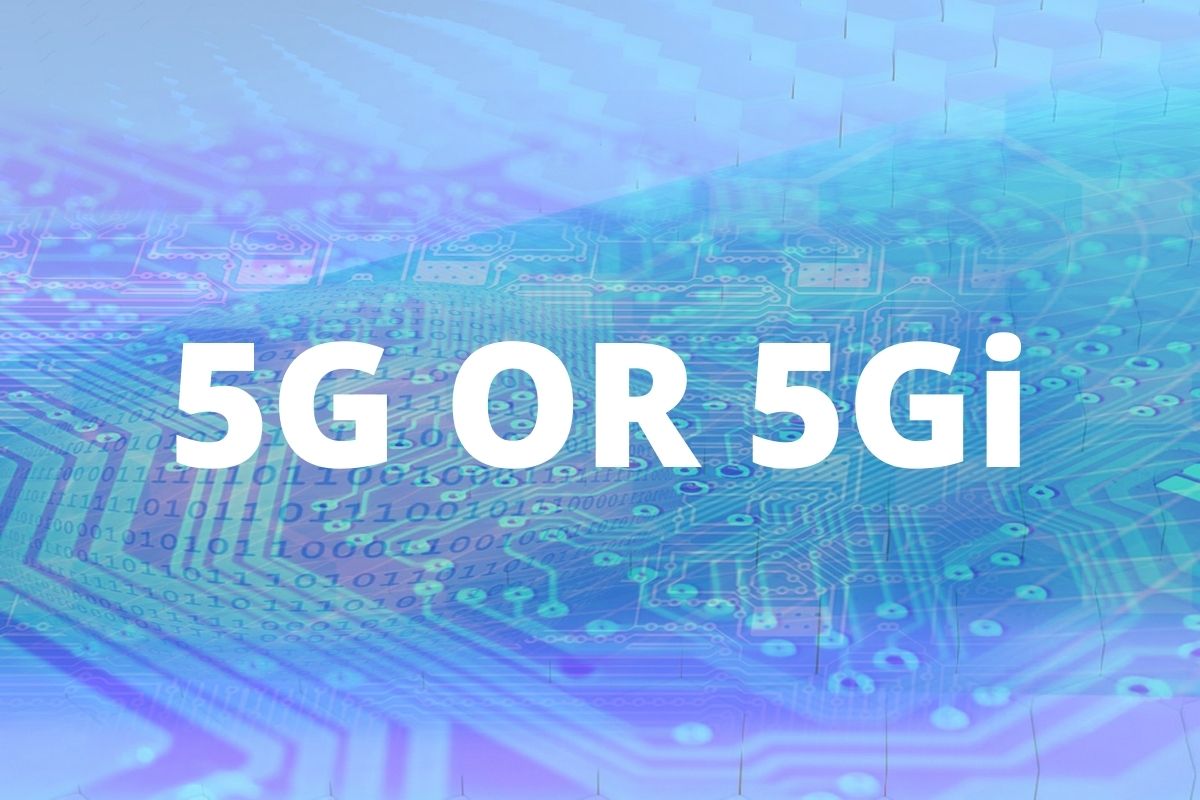The adoption of 5G network worldwide is pacing up as the technocrats are heavily investing in the technology to make it a reality for customers. Being the largest democratic nation around the world, India is yet to take the 5G leap. There are various underlying factors that favour as well as slash the deployment of 5G in India. One of the reasons for the delayed deployment of the 5G network is the 5Gi controversy. In case you are not aware, 5Gi is a made in India 5G standard crafted through a joint venture between IIT Hyderabad and Madras (Chennai). The 5Gi technology is still under the radar, and the loopholes, as well as benefits of the technology, are still being tested. Since telecom operators have already diverted their attention in the development of 5G network, switching back to locally designed technology might be a big jump from their perspective.
Does 5Gi Offer Any Benefits?
The technological gap between rural and urban areas have widened, especially in India. We all can agree to the fact that various remote regions around the nation still lag behind in terms of technological development. One of the major benefits of 5Gi standards that have been revealed by experts is wide connectivity. The 5Gi connectivity is expected to expand the 5G technology across remote locations in India. Not only this but, the made in India 5G standard can also be cost-effective if implemented on a large scale by telecom operators.
Challenges and Controversies Around 5Gi
5Gi technology is expected to be cost-effective, but the loopholes of the technology are still in darkness. Tracing back to November 2020, the 5Gi standard was approved by International Telecommunication Union (UNI). However, the 5Gi standard was opposed on the basis that it would further muddle the 5G technology. For telecom operators investing their efforts in the development of the 5G network, the acceptance of the 5Gi network would create hurdles as they would have to restructure their existing setup to support the 5Gi standard. Apart from this, various telecom entities also claim that the 5Gi network cannot work with the 3GPP technology, which is the global 5G standard. There are multiple challenges in India’s road to 5G or 5Gi standard. Talking about the current condition of Indian telecom, Reliance Jio is open to the implementation of the 5Gi network. However, Bharti Airtel is sceptical about redeploying the network due to increased expenditure. As of Vodafone Idea, the price of the 5G spectrum is too much for the cash strapped telco. However, COAI and other telecom entities are following the word of TRAI and studying the effect of the 5Gi standard. At this moment, we can just flip the coin and wait for the final decision by the regulators that will accelerate the pace of the next-generation network in India.
